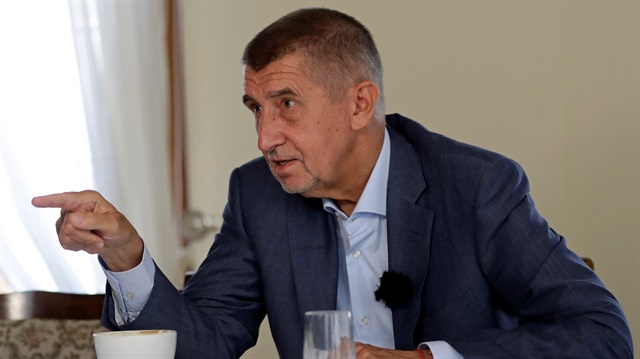
Political Shift
Babis won a confidence vote in parliament for a minority government comprised of his ANO party and the Social Democrats in July after receiving backing from the Communist party that had lost power in 1989.
He has rejected criticism over giving the Communists a say in government again. In the interview, he said local Czech media exaggerated the issue with their "fake news".
He said no foreign partners have raised the issue with him and added that the anti-NATO, pro-Russian Communists will not influence his government "because I am not afraid of early elections" in case they pull their support.
Babis leads one of the bloc's most euroskeptic countries, with as yet no plan to join the euro zone which is still dealing with the aftermath of a debt crisis almost a decade ago.
In the interview, he said ideas for deeper euro zone integration such as a common budget would further divide the bloc, which needs to reform itself and get ready for Britain's eventual departure.
But he insisted that migration remained the defining issue for the bloc.
"In my view, there will be a substantial shift after the European elections. There is a silent majority which will vote in an anti-migration way," he said.
He said that countries like Spain, that are becoming migrant destinations, deserve attention. Anti-migrant shifts have already been seen in Italy and Germany.
Overall, Babis said there was still a need for the EU to agree on migration policy.
While migration numbers have fallen steeply since 2015, the issue remains in the headlines, with Malta and Italy turning away boats of migrants in the past month.
"If the philosophy is that when the boat is coming, Italy is then asking several countries to take some migrants, this is not the way to solve it," Babis said.


